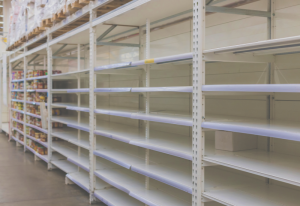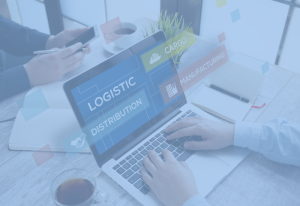
A smart factory is an advanced manufacturing facility that uses technology such as the Internet of Things (IoT), artificial intelligence (AI), and automation to optimize its operations. One crucial component of a smart factory is an Enterprise Resource Planning (ERP) system. An ERP system can integrate with other technologies and devices to create a more efficient and streamlined production process. In this article, we will explore how an ERP system can help create a smart factory.
- Real-time monitoring and data analysis: An ERP system can collect data in real-time from different parts of the factory and use analytics tools to analyze it. This data can be used to identify inefficiencies and areas for improvement. The system can also predict potential problems and provide alerts to the appropriate personnel, enabling them to take proactive action.
- Automation and optimization of production processes: An ERP system can automate many routine tasks, such as inventory management and order processing. This automation can lead to a reduction in errors and improved productivity. The system can also optimize production processes, ensuring that the factory runs at peak efficiency.
- Improved supply chain management: An ERP system can provide visibility across the entire supply chain, from suppliers to customers. This visibility can help to identify bottlenecks and inefficiencies and enable businesses to make data-driven decisions about procurement, inventory, and logistics.
- Enhanced communication and collaboration: An ERP system can provide a single source of truth for all departments in the factory, promoting better communication and collaboration. This collaboration can lead to increased efficiency and productivity and reduce the risk of errors.
- Predictive maintenance: An ERP system can use data from sensors and other devices to predict maintenance needs, enabling maintenance personnel to proactively schedule repairs and avoid costly downtime.
- Streamlined compliance and regulatory reporting: An ERP system can automate compliance and regulatory reporting, ensuring that the factory remains compliant with relevant regulations and standards. This automation can reduce the risk of errors and save time and resources.
In conclusion, an ERP system is a crucial component of a smart factory. It can provide real-time monitoring and data analysis, automate and optimize production processes, improve supply chain management, enhance communication and collaboration, enable predictive maintenance, and streamline compliance and regulatory reporting. By implementing an ERP system, businesses can create a more efficient and streamlined production process and gain a competitive advantage in the industry.




